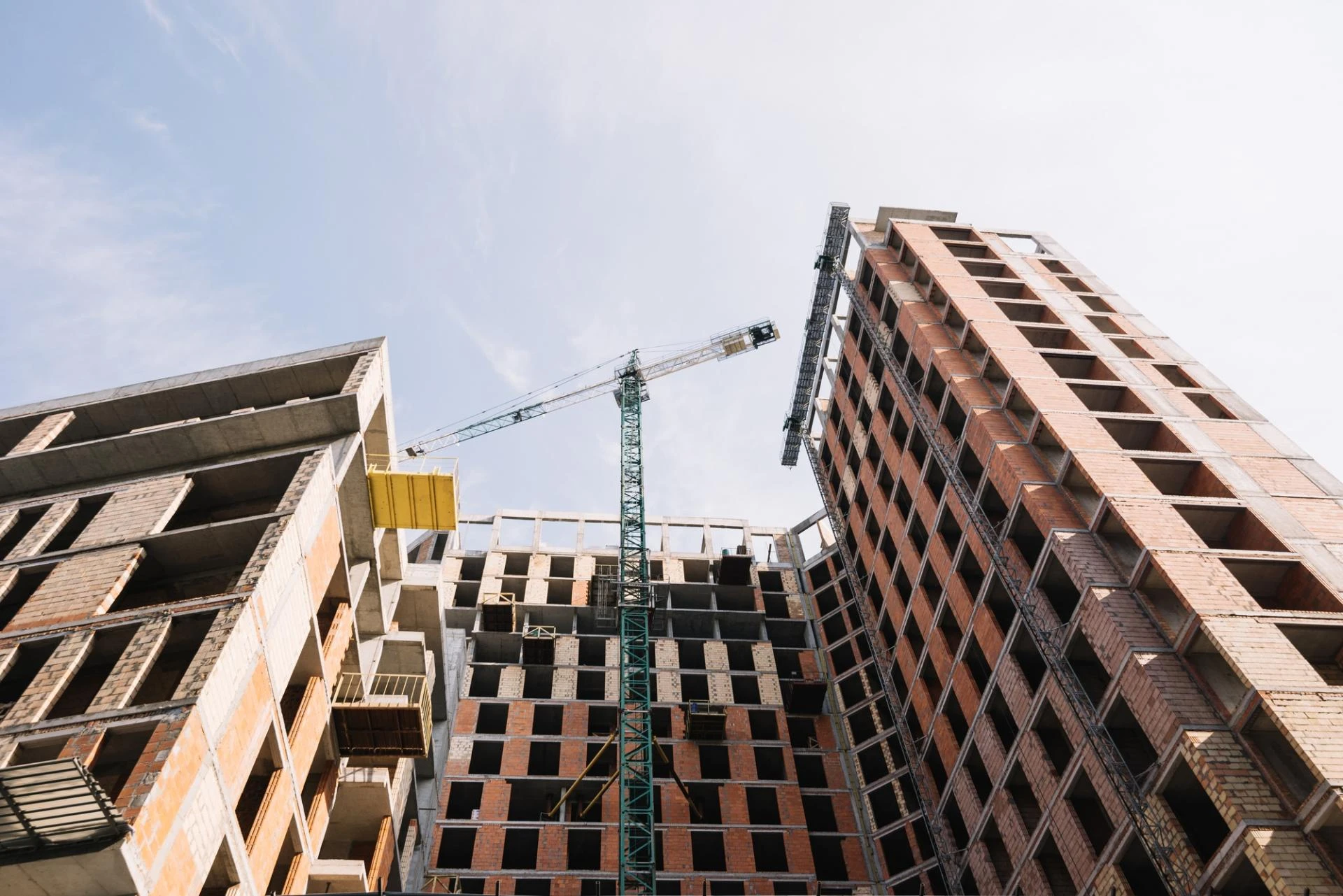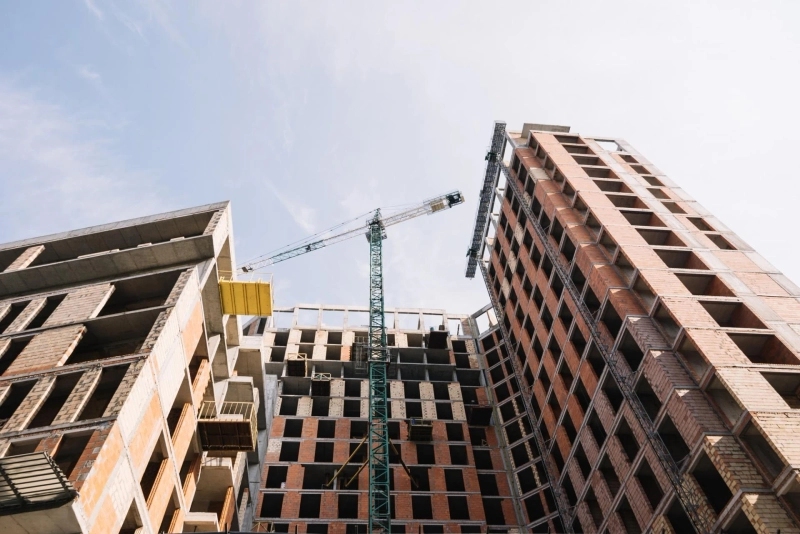The lifecycle of a construction project is a structured process that ensures a project’s successful execution from inception to completion. Whether it's a residential, commercial, or industrial development, every project follows a series of phases that involve careful planning, execution, and evaluation. Understanding these phases is crucial for stakeholders, including architects, engineers, and clients, to ensure efficiency and high-quality results. If you're looking for expert guidance, a construction company in Vijayawada like Sahitha can help you navigate every stage seamlessly.

1. Concept and Initiation
Every construction project begins with an idea. This phase involves identifying the need for construction, defining objectives, and determining the project's feasibility. Clients collaborate with architects and engineers to outline their vision and set project goals. Key considerations at this stage include budget estimation, site selection, and regulatory compliance. Feasibility studies and risk assessments are conducted to evaluate whether the project is viable.
2. Planning and Design
Once the project is deemed feasible, detailed planning and design take place. This phase is critical as it lays the foundation for the entire project. The construction company, along with architects and designers, creates blueprints, site plans, and structural drawings. Several factors are considered, including:
- Structural integrity and safety
- Material selection
- Environmental impact
- Compliance with building codes and regulations
A well-structured plan minimizes potential issues during execution and ensures that the project stays within budget and on schedule.
3. Pre-Construction Phase
Before construction begins, various preparations are made to ensure a smooth process. This phase includes obtaining necessary permits, hiring contractors, finalizing agreements, and securing financing. The construction site is also prepared by clearing debris, leveling the ground, and marking essential areas. At this stage, a reliable construction company in Vijayawada plays a key role in coordinating all aspects efficiently.
4. Procurement of Materials and Equipment
Materials and equipment are procured based on project requirements. This involves sourcing high-quality materials, negotiating with suppliers, and ensuring timely delivery. A well-planned procurement process prevents delays and cost overruns. Construction companies work closely with vendors and manufacturers to ensure that all materials meet industry standards and sustainability criteria.
5. Construction Execution
This is the phase where the actual building process takes place. It involves multiple activities such as:
- Site preparation and foundation laying
- Structural framework installation
- Electrical, plumbing, and HVAC system integration
- Roofing, flooring, and finishing work
Project managers oversee the construction process, ensuring adherence to timelines, quality standards, and safety regulations. Regular site inspections and progress tracking help address any unforeseen challenges efficiently.
6. Quality Control and Safety Measures
Quality control is an ongoing process throughout the construction phase. Routine inspections are conducted to verify compliance with design specifications and safety protocols. Construction companies implement stringent quality checks and use advanced technology such as Building Information Modeling (BIM) to monitor project performance. Ensuring worker safety is also a priority, with measures like personal protective equipment (PPE), safety training, and risk assessments in place.
7. Project Completion and Handover
Upon completion, a final inspection is conducted to ensure that all construction elements meet the required standards. The site is cleaned, documentation is finalized, and necessary approvals are obtained before the handover. Clients receive a walkthrough of the completed project, along with maintenance guidelines and warranty details.
8. Post-Construction Maintenance
Even after the handover, construction companies offer post-construction services such as routine maintenance, repairs, and inspections. These services ensure the longevity and functionality of the structure. Engaging with a professional construction company in Vijayawada for post-construction support can help property owners manage long-term upkeep efficiently.
Conclusion
Understanding the lifecycle of a construction project is crucial for ensuring smooth execution and successful outcomes. From initiation to post-construction, each phase demands careful planning, collaboration, and expertise. If you're looking for a trusted construction company in Vijayawada, Sahitha provides top-quality services tailored to your needs.
Contact us today to get started on your dream project!


